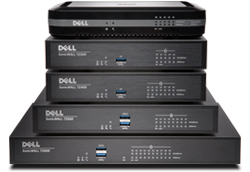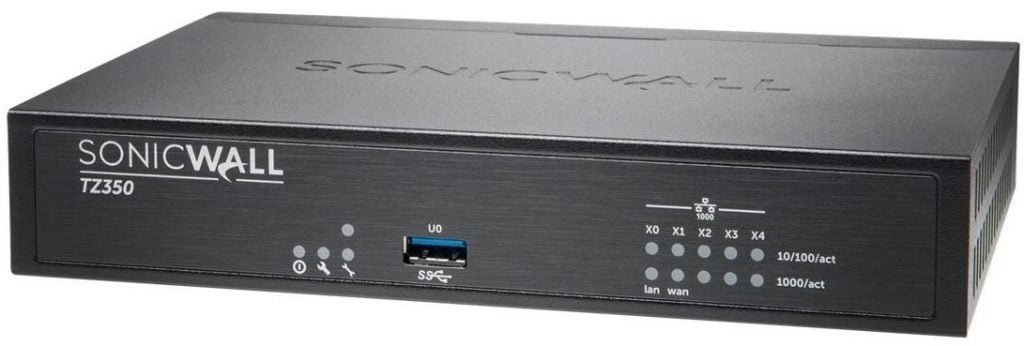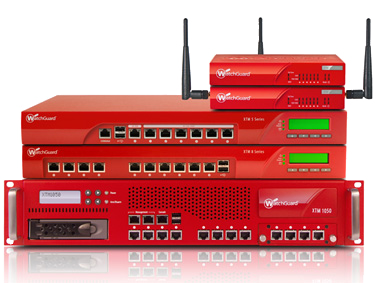Affordable firewalls that won’t leave you dreaming of bigger budgets
Affordable firewalls are a necessity for small businesses. Especially if they need strong network security in place fast. However, finding an affordable firewall can be tough. Not sure sure how to find SMB firewalls that give real bang for the buck?
Find the best affordable firewall you can rely on for years to come with a few options Firewalls.com recommends:


What sets an affordable firewall apart from a cheap firewall?
Firstly, what do we mean by an affordable firewall? We mean a next generation firewall that reliably delivers high-speed performance and advanced security at a cost-efficient “pound for pound” level. Many third party authorities such as NSS Labs and Gartner measure and quantify high quality, affordable firewalls. This is often done with metrics like “Total Cost of Ownership” and “Price per Protected Mbps.”
Firewall vendors are constantly racing to extend enterprise-grade, multi-gig firewalls to smaller and smaller user bases. The Next Generation Firewall (NGFW) era has grown fully ripe. Now savvy SMBs can get even newer next-er generations of NGFWs. If they know where to look.
Fortinet 40F – Affordable firewall with jaw-dropping stats
The FortiGate 40F launched in 2020 as part of Fortinet’s new F-Series firewalls. The tiny titan FortiGate 40F can reach speeds of up to 5 Gigabits per second. That’s twice as fast as the FG-50E which costs over $50 more! And don’t forget its purpose-built processor for top-notch Secure SD-WAN capabilities.
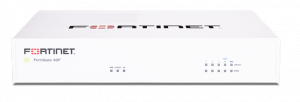

The tech specs for the FG-40F are insane for such an affordable firewall.
SonicWall TZ 350 – Affordable firewall built to stop ransomware
SonicWall launched the TZ series as NGFWs for SMBs. Now the next gen of NGFWs are sprouting up with new additions like the SonicWall SOHO 250 and SonicWall TZ 350. The SonicWall TZ350 is faster and supports more SSL VPN licenses than the TZ300.
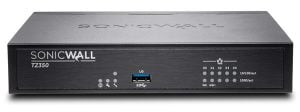

With SonicWall Capture Advanced Threat Protection (ATP) enabled, you get a super fast cloud-based sandbox that uses AI and behavior-based scans. First, identify potential threats. Then isolate them in quarantine. Finally, detonate them before they can touch your network. This squashes the threat of ransomware right in your inbox.


Sophos XG 106 – Affordable firewall with added on-board memory
The Sophos XG 106 is a major revision of the XG 105. The XG 106 includes upgraded onboard memory RAM. XG firewalls use an integrated Solid State Drive (SSD).
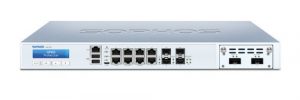

Sophos XG firewalls are affordable, but still satisfy the cravings of network admins looking for advanced features, increased visibility & control, and synchronized real-time security.
WatchGuard T35 – Affordable firewall made to grow with you
WatchGuard T-Series Firebox appliances are built with scalability in mind. That means if your small business doesn’t stay a small business, you can easily expand your network security setup without having to rip and replace from the ground up.
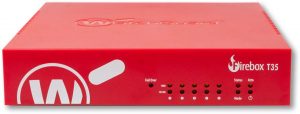

The term “future-proof” is often used to describe the T-Series. WatchGuard makes it easy to upgrade existing services and add emerging tech to your current setup.









